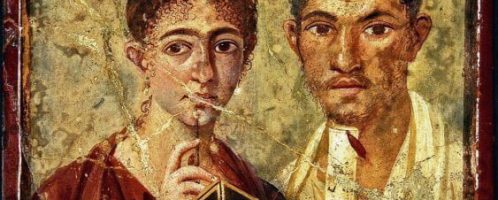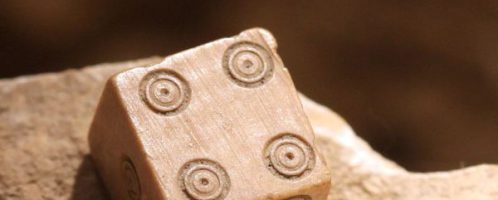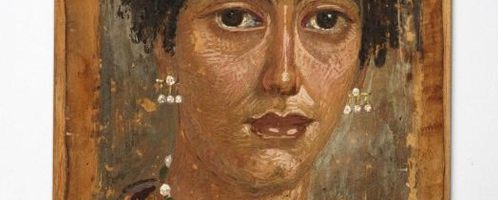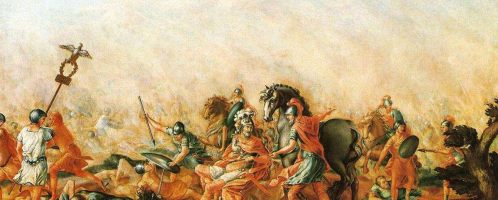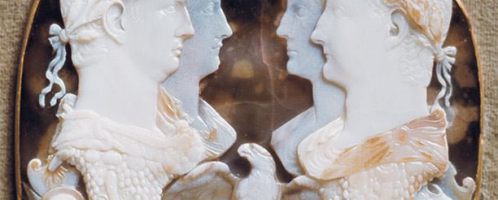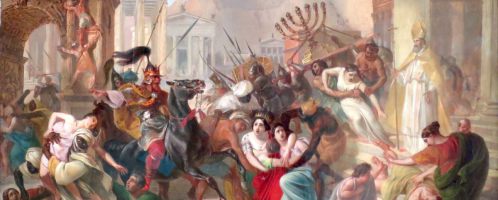Father was not only head of family
Under Roman law, the father was not only the head of the family but exercised absolute authority over it. The fact that his wife gave birth to a child did not yet mean that he would become a family member. This happened only after the completion of the so-called ritual of elevation. It consisted in placing the newborn at the feet of the master of the house and awaiting his decision. If the pater familias, as the omnipotent father was called, took the child in his arms and walked around the house with him, he officially recognized him as his offspring.

